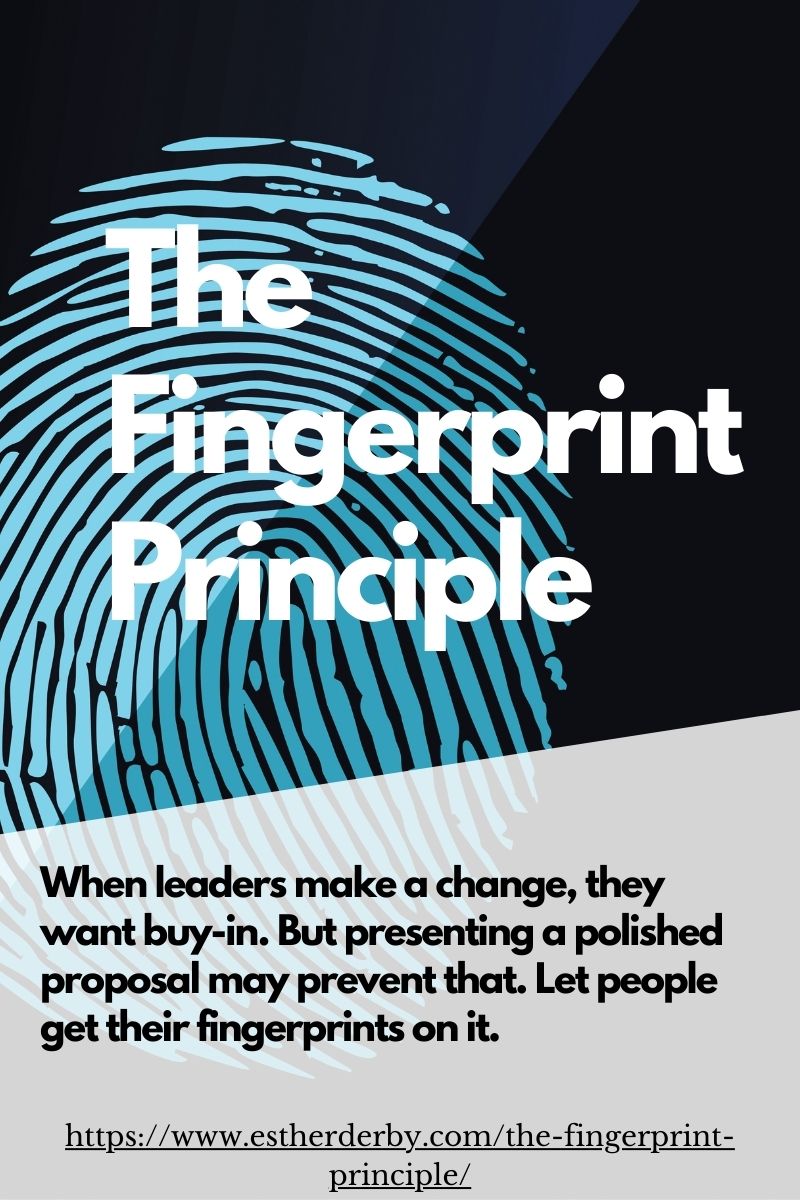Management by walking around isn’t possible right now. You can’t walk by the team room, sense the buzz, see what’s on the task wall, engage in conversation, ask questions. Casual conversations don’t happen naturally.
So how do you, as a dev manager (or line manager or middle manager), do your job? How do you manage when everyone is remote?
First let’s think about what your job is.
Management = Develop People + Work on the System
I assert that the role of manager has two critical parts: developing people + working on the system–-so that people can get the right work done, with appropriate methods, when customers need it.
By working on system, I mean influencing factors contribute to the patterns of events and interactions in your org in a way that supports movement in a more desirable direction. Making work work better.
It is not about getting people to work hard. It is about making it easy to do great work. The problems we need to solve are tough enough. No need to pile on obstacles and difficulties. Management work is about paring those hurdles away so people can all contribute creatively to solving problems.
Making work work better is about understanding and influencing: clarity about work, how work flows into teams, practical resources available to teams…. what’s measured and rewarded, what’s encourage, tolerated, prohibited. All of these factors (and many more) shape what people can produce. And they’re all tangled up with each other.
Remember:
“A bad system will beat a good person…”
W. Edwards Deming
e v e r y s i n g l e t i m e.
Develop People
Let’s start with developing people.
It is still possible to have conversations with people 1:1 for coaching and career development.
Take a look at the oldie but goodie Help Them Grow or Watch Them Go. This book is chock full of idea on how to foster conversations about career development and coaching.
Johanna Rothman and I have an online course on effective 1:1 meetings. Weave the convos from Help Them Grow or Watch Them Go in as needed.
An effective 1:1 mtg is also part of your information system to understand what is supporting and what is hindering great work (i.e., the system).
You may not be able to see what ppl are doing on a daily basis, but you can see a lot about the system, if you know how to look and what questions to ask.
More to come on the other critical aspect of management, working on the system.







This is just what I need right now. Thank you. I’m excited about what comes next.